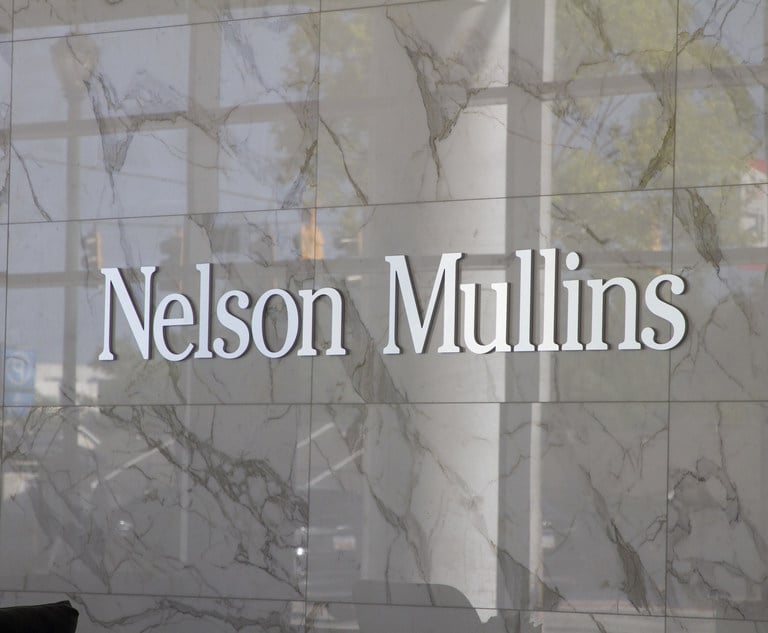The history of the U.S. oil industry is punctuated by key events that caused or accelerated the onset of major changes. In the arena of regulation, those events include the 1969 Santa Barbara spill that drove enactment of the core federal environmental statutes; the 1973 and 1979 supply shocks that drove active intervention in the pricing and distribution of crude and products; and the 1989 grounding of the Exxon Valdez that drove tanker technology advancements and the Oil Pollution Act of 1990 providing for recovery of economic losses and natural resource damages caused by spills.
To those dates we must add the explosion at the Deepwater Horizon mobile offshore drilling unit in the Gulf of Mexico on April 20, 2010. This week marks 10 years since that event—a decade that has witnessed significant legal changes. The legal impacts include an acceleration of the governmental division between commercial and enforcement agencies; enhanced regulation of and safety measures for the offshore drilling industry; new precedents on the extent of contractual indemnities and their interplay with federal penalties; and a mass claims resolution process that tested constitutional principles of causation and standing.


 Stella Pulman, left, and Robert A. James, right, of Pillsbury Winthrop Shaw Pittman.
Stella Pulman, left, and Robert A. James, right, of Pillsbury Winthrop Shaw Pittman.




